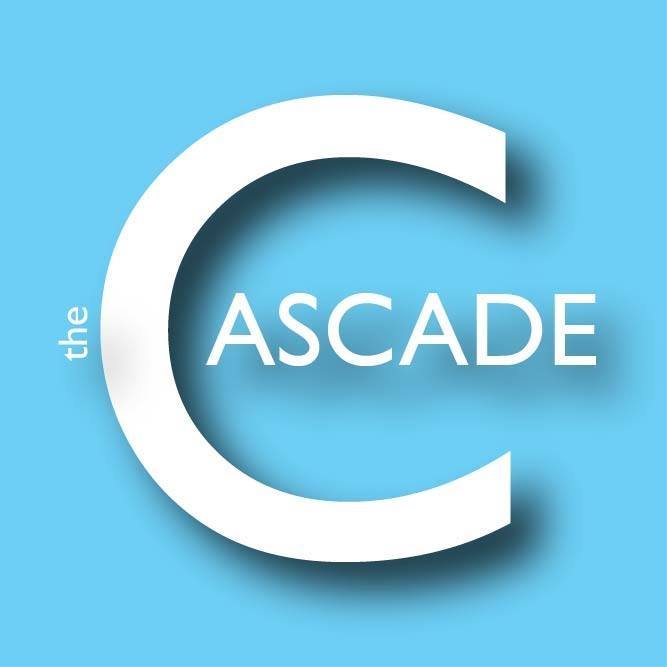TED reported to the UFV Senate that it is revising policies to attract and accommodate more diverse applicants
UFV’s teacher education department (TED) is making a strong commitment to anti-racism and equity efforts, department head Vandy Britton said Thursday.
According to the November provost’s report to Senate, policies in “all aspects” of the teacher education program are being re-evaluated in order to make the program more equitable for applicants and students who identify as Black, Indigenous, and people of colour (BIPOC).
“Teacher education in general is a pretty white, female endeavour in North America … so this is something that’s been on the minds and in the hearts of a lot of teacher educators for quite a while,” Britton said. “That being said, every year our applications come in and they still are predominantly white females. So we’re looking at what we could do to sort of reflect the diversity that’s in the school system, particularly in the Valley.”
According to Britton, the conversation about anti-racism within the TED has already been ongoing for some time. However, the department was motivated to accelerate their efforts when a panelist at a UFV Race and Anti-racism Network event earlier this year read aloud an email from an applicant who had been rejected from the teacher education program and felt racial biases may have been a factor in the department’s decision.
“I felt sick to my stomach, absolutely horrified,” Britton said. “I realized we couldn’t just sit and talk about this in a philosophical way anymore. We actually needed to move to action.” Since then, Britton said the TED has been re-evaluating several policies and attitudes, although she stressed that this work is still only beginning.
As an example of the kinds of changes being considered, Britton pointed out the requirement for applicants to the program to have experience doing volunteer work with children is one place where her department is aware inequalities can arise.
“We recognize that not everyone has the same privilege to be able to do that volunteer work, because they may have to work to make money for their families,” she said. “So we needed to diversify what that looked like.”
She said that as a result, the TED is now considering ways to diversify their expectations for students to work with school-aged children, as well as the possibility of providing a way for applicants to share more about their experiences and why they should be considered.
“We thought of adding an extra page to the resume where people could give us additional information,” she said. “We literally say [on the program’s website] that we want to increase the representation of diverse communities in the K-12 public school system. So [applicants] could describe the ways that they see themselves helping to address the efficiency in the system by coming into the program.”
However, she also emphasized that the TED is aware of the risks of alienating diverse candidates by labeling them as such, or making their identity paramount in the application process.
“One of the things that happens in paperwork is there are these lovely boxes where people are supposed to identify their gender, their race or ethnicity, or their cultural heritage,” said Britton. “And that’s problematic in and of itself because we’re putting people in boxes, and perhaps they don’t want to be identified. So we want to give people an option. We want to make it optional as opposed to a requirement in terms of what they choose to disclose to us.”
Britton also mentioned a broad number of other changes the TED hopes to make, including working to further decolonize education (Britton noted that the program does already strive to address indigenization and Indigenous ways of knowing) and recommending courses on critical race theory, social theory, and queer theory to students.
“We’re only at the beginning of the journey, and I don’t see this being a quick fix in any way, shape, or form,” Britton said. “I think this is something that’s going to take a lot of time and a lot of conversation.”


